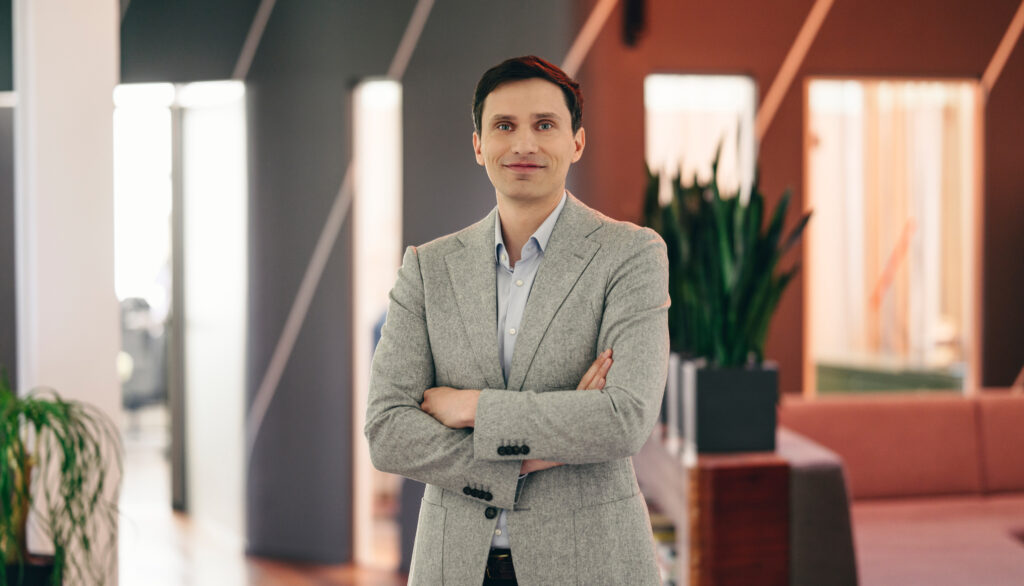How to have a meaningful debate on climate change?
The recent annual conference on natural resources, “Truth or dare”, organised by Äripäev, focused on an important question: how can we turn green transition into a meaningful debate about adapting to climate change? The conference took place to discuss the significant shift in the public discussion on green policy issues in Estonia over the past two years. While the daily news is full of proposals and concrete steps to reduce our environmental footprint, research shows that public awareness and support for the green agenda have not improved.
According to the latest survey commissioned by the Estonian Government Office this spring, only 45% of respondents understand the economic and social changes linked to the green transition. The situation is the same, or even slightly worse, than two years ago: in 2022, 47% of respondents said they understood the changes associated with the green transition.
However, a much more significant change in support for the green transition has fallen from 57% to 48%. In North-Eastern Estonia, support was only 36%. Although there is undoubtedly more than one reason for this, the stagnation of knowledge about the green transition partly explains the drop in support.
It is inevitable that without a clear explanation of green policies and the steps needed to achieve a green transition, there is a risk of doubts about the need for the measures and, conversely, dissatisfaction with the progress made by those who support a faster green transition. This, in turn, encourages the spread of misinformation in various networks and communities, discouraging real action on climate change.
This has happened, for example, in part because of the adoption of renewable energy projects. While wind farms, both onshore and offshore, offer long-term benefits, there are concerns about the costs and environmental impacts of these projects in their start-up phase. There are concerns about visual pollution and noise impacts. However, studies show that wind farms are one of the most cost-effective and cleanest energy sources in the long term.
Therefore, effective measures to combat climate change require close cooperation with residents, municipalities, and businesses. However, top-down guidelines and rules cannot achieve the necessary involvement and support. The focus needs to be on early problem identification and strong community-based cooperation.
“Top-down guidelines and rules cannot achieve the necessary involvement and support.”
Therefore, the state’s role can’t only be to provide legal or resource-based infrastructure, but also co-managing expectations and change. This means that there must be actual contact on the ground, able to identify the genuine concerns of the people causing the resistance or the mitigation measures most relevant in that particular community. Offering financial compensation alone is a solution of convenience – it is more effective for the private and public sectors to work together to focus on the overlapping areas that will genuinely enrich and facilitate local life.
Open local and bilateral communication needs to be accompanied by transparent communication about the whole process. Despite this additional time, policymakers must, in principle, consider the effort required to be fully open about the impacts of climate change action.
It is also essential to discuss the potential risks. Focusing only on the positive aspects of implementing change can lead to disappointment if the reality does not meet expectations. In rapid change, the risk of confusion and dissatisfaction is always high, so adequately managing expectations is essential in any transformation. Communicating honestly and openly will help reduce confusion and disappointment and ultimately support implementing measures to facilitate a green transition.
“Communicating honestly and openly will help reduce confusion and disappointment.”
So, if the question is how can we turn green transition into a meaningful debate, the focus should be on three pillars. Firstly, we can improve people’s understanding of the proposed changes by providing knowledge. Secondly, establishing close cooperation between the state, local authorities and citizens is a must. Finally, we need to explain the processes in a radically open way to avoid any confusion or misunderstanding.


